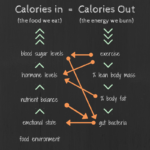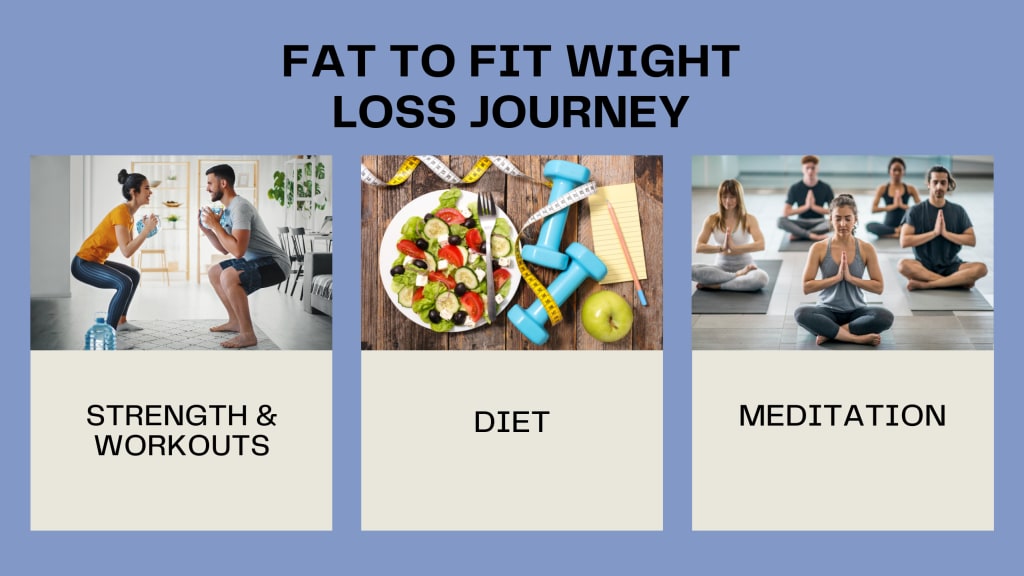Congratulations on taking the first step towards a healthier lifestyle! Starting a weight loss journey can be exciting, but it can also feel overwhelming.
This guide offers a structured and beginner-friendly approach to help you navigate your weight loss journey with confidence and clarity.
1. Setting SMART Goals:
- Start with small, achievable goals: Aim to lose 0.5-1 pound per week, which is a sustainable and healthy rate.
- Make your goals SMART: Specific, Measurable, Achievable, Relevant, and Time-bound.
- Example: “I will lose 2 pounds by the end of the month by walking 30 minutes 3 times a week and replacing sugary drinks with water.”
2. Understanding Nutrition Basics:
- Focus on whole, unprocessed foods: Prioritize fruits, vegetables, whole grains, lean protein, and healthy fats.
- Learn about portion sizes: Use measuring cups and spoons or follow visual guides to avoid overeating.
- Limit added sugars, unhealthy fats, and processed foods: These are often calorie-dense and offer minimal nutritional value.


3. Building Healthy Habits:
- Start small and gradually introduce changes: Trying to change everything at once is not sustainable.
- Replace unhealthy habits with healthy ones: Swap sugary snacks for fruits or nuts, replace sedentary time with short walks.
- Plan your meals and snacks: This helps avoid unhealthy choices when hungry.
4. Finding Enjoyable Movement:
- Start with activities you enjoy: Explore options like walking, dancing, swimming, biking, or team sports.
- Aim for at least 150 minutes of moderate-intensity exercise per week: Gradually increase duration and intensity as you build fitness.
- Find a workout buddy or join a fitness class: Having company can increase motivation and accountability.

5. Embracing a Positive Mindset:
- Focus on progress, not perfection: Setbacks are inevitable. Learn from them and keep moving forward.
- Celebrate non-scale victories: Acknowledge and celebrate improvements in energy levels, strength, and overall well-being.
- Be kind to yourself: Focus on progress and self-compassion, avoiding harsh self-criticism.
Additional Tips:
- Drink plenty of water: Stay hydrated throughout the day to support your metabolism and overall health.
- Get enough sleep: Aim for 7-8 hours of quality sleep each night for optimal recovery and hormone regulation.
- Consider consulting a healthcare professional or registered dietician: They can offer personalized guidance and support based on your individual needs and health conditions.

Remember: Weight loss is a journey, not a destination. Be patient, stay consistent, and celebrate your achievements along the way. By following these steps and creating sustainable habits, you can reach your goals and experience the numerous benefits of a healthy lifestyle.








